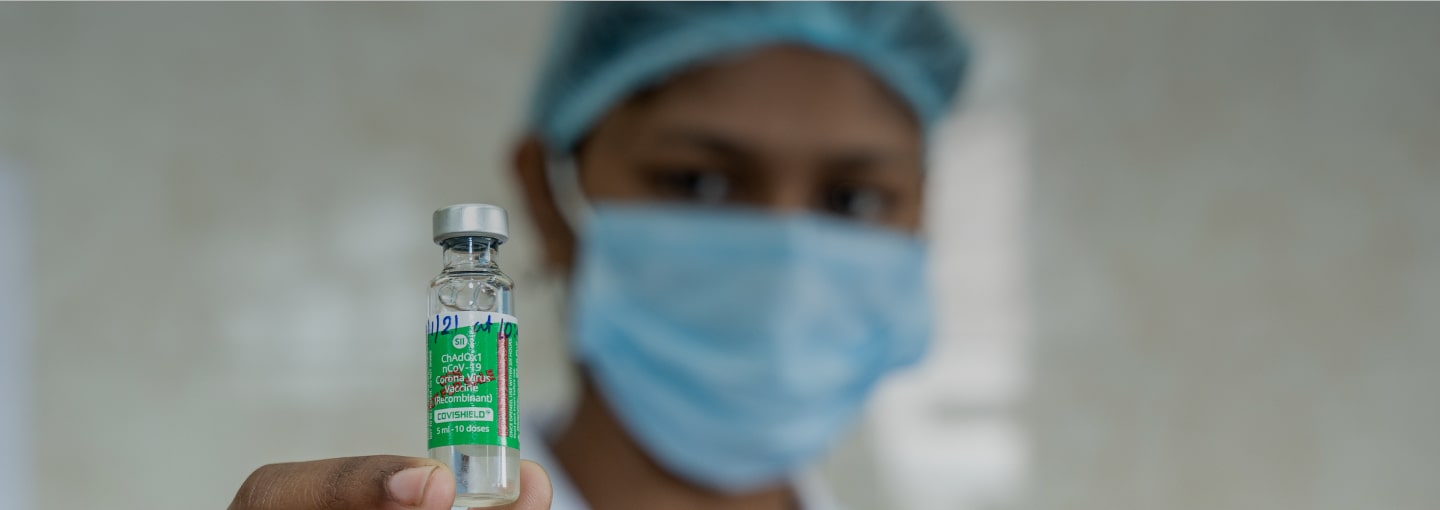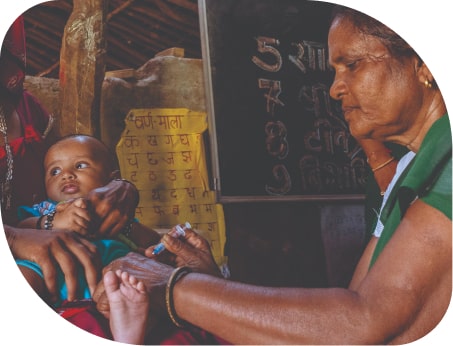1
Tuberculosis Implementation Framework Agreement (TIFA), a five-year (2019–2024), $300 million grants management program, spanned 24 countries, including India. It worked closely with Central TB Division/NTEP and USAID/India to provide sub-awards that assisted he Government of India (GoI) in achieving a TB-free nation. In India more than 42 fixed grants were signed in action.





